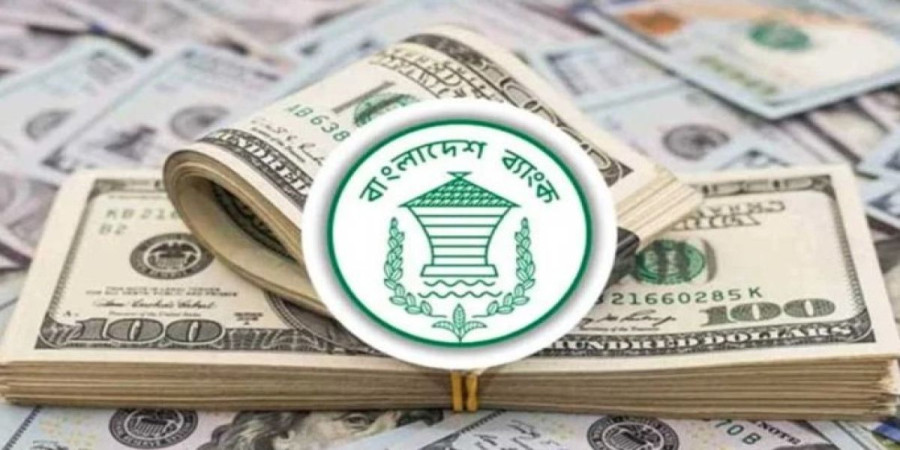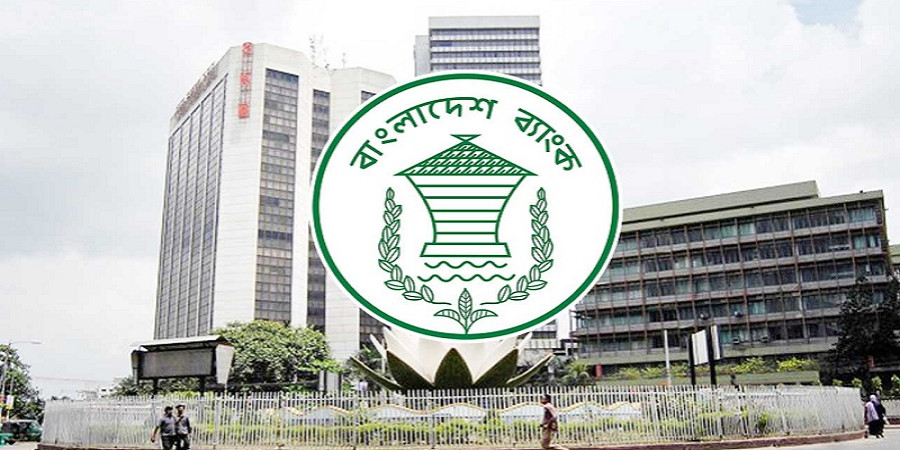
ছবি: Photo: Collected
In February 2024, Bangladesh received remittances worth 2.02 billion, making this year’s figure $506 million higher.
Arif Hussain Khan, spokesperson for the Bangladesh Bank, shared this information on Sunday. He also highlighted that the cumulative remittance inflows from July 2023 to February 2024 amounted to 14.93 billion, indicating an additional $3.55 billion in remittances this year.
The rise in remittance inflows is attributed to several factors, including increased incentives for remitters and efforts to discourage the use of informal channels like hundi. The government and the central bank have implemented measures to encourage expatriates to send money through formal banking channels, which has contributed to the growth in remittances.
Remittances are a crucial source of foreign exchange for Bangladesh, playing a vital role in stabilizing the country’s economy. The increase in inflows comes at a time when the country is navigating economic challenges, including rising import costs and pressure on foreign exchange reserves. The growth in remittances provides much-needed support to the economy, helping to maintain a stable balance of payments.
The government has been offering a 2.5% cash incentive on remittances sent through formal channels, which has encouraged expatriates to avoid informal systems like hundi. Additionally, the central bank has taken steps to streamline the process of sending remittances, making it easier and more secure for overseas workers to transfer money to their families in Bangladesh.
The consistent growth in remittance inflows reflects the hard work and dedication of Bangladeshi expatriates worldwide. Millions of Bangladeshis working abroad, particularly in the Middle East, Europe, and North America, continue to support their families and contribute to the nation’s economy. Their contributions are not only vital for household incomes but also for the overall economic stability of the country.
The increase in remittances is also a positive sign for the country’s foreign exchange reserves, which have faced pressure in recent months due to rising import bills and global economic uncertainties. The steady flow of remittances helps to offset some of these challenges, providing a cushion for the economy.
Economists and analysts have welcomed the rise in remittance inflows, noting that it reflects the effectiveness of government policies aimed at encouraging formal remittance channels. However, they also emphasize the need for continued efforts to ensure that remittances remain a reliable source of foreign exchange in the long term.
The Bangladesh Bank has been working closely with commercial banks and money transfer operators to facilitate faster and more efficient remittance services. These efforts have included the introduction of digital platforms and mobile banking services, making it easier for expatriates to send money home.
The growth in remittances is also a testament to the resilience of Bangladeshi workers abroad, who continue to support their families despite the challenges posed by the global economic environment. Their contributions are a lifeline for millions of households across the country, providing financial stability and improving living standards.
The government’s focus on creating a more favorable environment for remittances has been a key factor in the recent increase. By offering incentives and improving the efficiency of formal channels, the authorities have successfully encouraged more expatriates to send money through legal means.
The rise in remittance inflows is expected to have a positive impact on the country’s economic growth. Remittances not only support household consumption but also contribute to poverty reduction and economic development. The increased inflows are likely to boost domestic demand, providing a stimulus to the economy.
As Bangladesh continues to navigate economic challenges, the role of remittances in supporting the economy cannot be overstated. The government and the central bank are expected to continue their efforts to encourage formal remittance channels and ensure that the benefits of remittances reach all segments of society.
In conclusion, the significant increase in remittance inflows in February 2024 is a positive development for Bangladesh’s economy. It reflects the success of government policies aimed at encouraging formal remittance channels and highlights the vital contributions of Bangladeshi expatriates worldwide. The continued growth in remittances is expected to provide much-needed support to the economy, helping to maintain stability and promote development.
The government’s efforts to streamline remittance services and offer incentives have played a crucial role in this growth. As the country moves forward, it will be essential to sustain these efforts and ensure that remittances remain a reliable source of foreign exchange. The contributions of expatriates are a testament to their dedication and hard work, and their support is invaluable for the nation’s economic progress.
The rise in remittance inflows is a reminder of the importance of creating a favorable environment for expatriates to send money home. By continuing to improve the efficiency and security of formal remittance channels, Bangladesh can ensure that remittances remain a cornerstone of its economic stability and growth.
As the global economic environment remains uncertain, the steady flow of remittances provides a sense of stability and hope for millions of families in Bangladesh. The government’s commitment to supporting expatriates and encouraging formal remittance channels is a step in the right direction, and it is essential to build on this momentum in the years to come.
The increase in remittance inflows is a positive sign for Bangladesh’s economy, and it underscores the importance of continued efforts to support expatriates and ensure that their contributions benefit the nation as a whole. With the right policies and initiatives, remittances can continue to play a vital role in driving economic growth and improving the lives of millions of people in Bangladesh.
repoter






